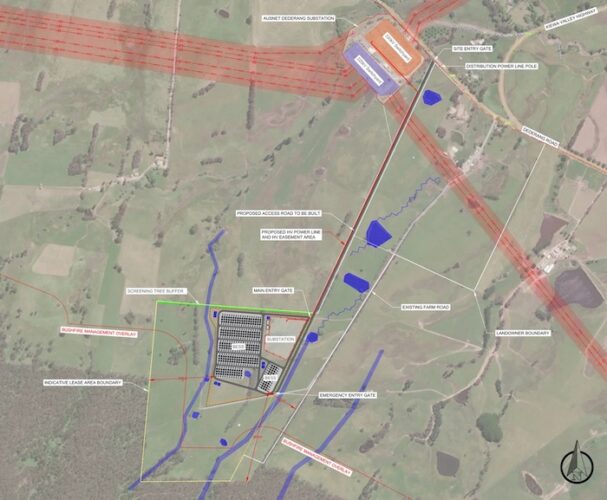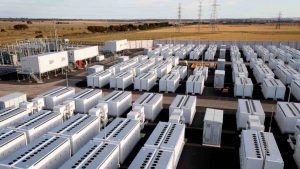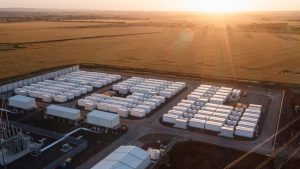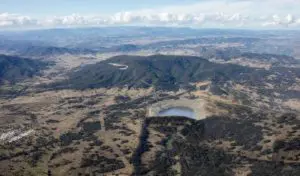Trinasolar has lodged its planning application for a battery in the Kiewa valley, but its up against a long-running community campaign against any new energy projects in the scenic farming area.
The proposed two hour, 500 megawatt (MW) battery energy storage system (BESS) will be near the Dederang substation, sitting on a 10 hectare site nudging up against bushland to the north of the town.
“We are very excited about the ongoing progress and support for this project,” said Trinasolar Australia head of development Jose Flores on LinkedIn.
“The project is well-advanced in discussions with AEMO and AusNet regarding connecting to the grid.”

But it’s also a lightning rod for community discontent, as Mint Renewables has already found as it lines up a 200 MW / 400 MWh BESS right next to the substation, one of the largest in the state.
Mint lodged its planning application at the end of October.
But they will need to win over increasingly staunch opposition, with a community citing key concerns as being fire risk and management, contamination and environmental impacts, decommissioning of the BESS and insurance, and property value impacts.
Community opposition is being organised by the Friends of Kiewa and Alpine Valleys, which have teamed up with a similar group opposing the 330 MW Meadow Creek solar farm nearby in the King Valley.
During a rally in Bendigo in August, Dederang resident and spokesperson for the Friends of the Kiewa and Alpine Valleys, Sharon McEvoy, said they felt like the government was bulldozing community wishes to get energy projects installed.
“Mint Renewables and Trina Solar, the two proponents for the Dederang project, have not been in contact with the community since drop-in sessions in February and May respectively,” she told the crowd.
Earlier in November, Ovens Valley Nationals MP Tim McCurdy said in the state Parliament that communities in the area had “done their bit” in the 1950s when a pumped hydro scheme and transmission lines were installed.
He called developer Mint Renewables a shelf company and said it wanted to industrialise farming land with 140 containers that “will vibrate and they will change the landscape” – although he appeared to also call for hydrogen projects to take their place.
In May, McCurdy had already tabled a petition opposing the Mint project specifically, which had garnered 1300 signatures.
A core tenet of McCurdy’s argument, and that of key people leading the opposition to the BESS projects, is that neither developer has consulted enough with the community yet.
But both also pulled arguments from anti-renewables talking points, including industrialised “solar factories”, and the change from agricultural land.
A statement by Trinasolar said more public meetings will be organised in the coming weeks.
The Chinese developer is yet to publicise its community benefit fund promises, but Mint Renewables has committed to $70,000 annual payments into its scheme from the start of operations.







